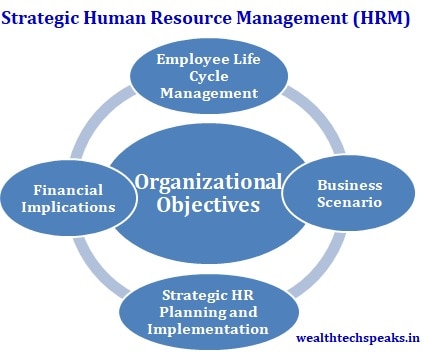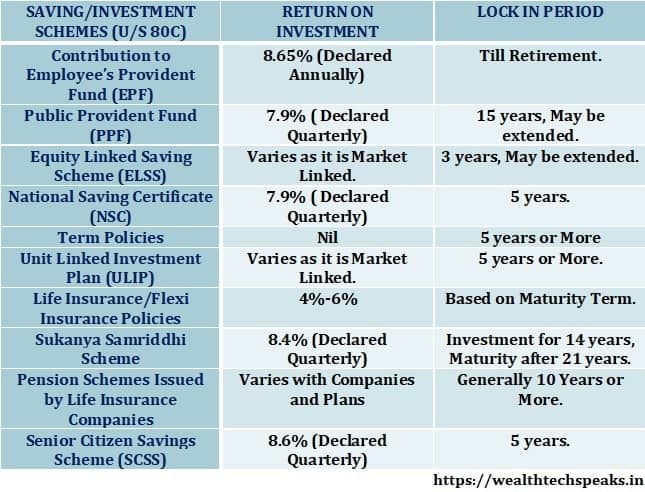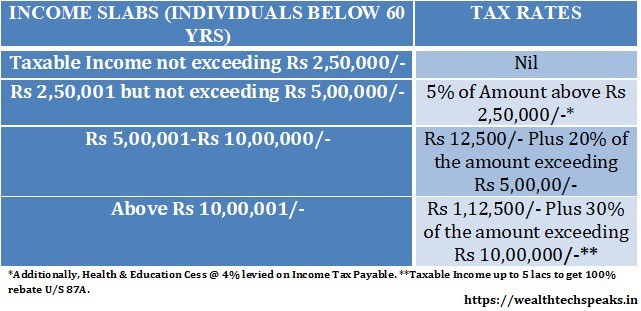
Investment in Mutual Funds: All You Need To Know
- Posted By Amritesh
- On June 28th, 2018
- Comments: 7 responses
Mutual Fund is emerging as the preferred choice of investment among investors. Moreover, since the interest rate in Small Savings Schemes is dropping, Individuals are turning to Mutual Funds. In my opinion too, Investment in mutual fund is one of the effective ways to manage your funds and ensure that one is able to meet his/her future financial obligations. Individuals with minimum or no knowledge about the Capital market may also invest in Mutual Funds and enjoy the benefits of high returns. Even though, investment mutual is prone to market fluctuations, but in the long term the returns are higher as compared to Endowment Insurance Plans or the Fixed Return Instruments.
Mutual Fund industry began in India in 1963 with the creation of Unit Trust of India (UTI) and it enjoyed the monopoly through chain of financial intermediaries and amassed around Rs 6700 crores of assets under its Asset Management setup. Later on other Public Sector Units like Life Insurance Corporation (LIC), Banks, General Insurance Corporation (GIC) were allowed to enter the Mutual Fund Market. However, the creation of SEBI in 1993 the private sector players were also allowed to enter the market as a proper regulatory body had been setup. As of now Indian Mutual Fund Industry has grown enormously, Asset under Management (AUM) is valued at Rs 22.41 lakh crores (Rs 22.41 trillion) approximately till 31st January, 2018. The Mutual Fund Industry has grown almost 7 times in span of little more than a decade.
Re-introduction of Long Term Capital Gains (LTCG) on Equities may impact the investment in Equity oriented Mutual Funds initially but overall scenario looks very promising for investment in Mutual Funds.
Investment in Mutual Fund: Direct or Regular Plan
Key points about Mutual Funds
#Mutual Funds is diversification of investment in Securities.
#Investment can be made on periodic basis (SIP) or lump sum depending on individual preference.
#Funds are managed professionally by Asset Management Companies (AMC).
#Performance of the fund may be easily monitored by an Investor periodically.
#Shorter Lock-in Period on Investment.
#Equity Linked Saving Scheme (ELSS) funds are tax benefit fund plans.
#Based on the risk appetite one may chose the ideal Mutual Fund plan for oneself (Equity, Debt and Balanced Funds).
#Mutual Funds carry moderate risk as return is market linked.
#Returns are generally on the higher side when compared to Guaranteed Return instruments.
Top ELSS Mutual Fund Investment For 2018-19
Mutual Funds Operation
Mutual Fund is pooling of Investment from investors by the Asset Management Company (AMC) and the same is invested in various classes of investments with certain financial objectives. These funds are professionally managed and the profits earned out of the investments are used for further investments and distributed among investors. Since the investment is diversified it mitigates the risk. The funds are market linked with performance dependent on securities traded in Capital Markets. Hence depending on how market performs is reflected in their performance. To measure the performance of these funds Net Asset Value (NAV) concept is adopted. It is the price at which the Fund is traded. It is arrived at by dividing the total assets (i.e cash & securities) minus liabilities if any, by number of securities outstanding.
The AMC charges a fee for the service provided. However, before investing one should carry out proper research regarding the Fund with respect to performance and cost allocation. Consistent performance along with low expense ratio is essential attributes of a good fund. All the Mutual Funds are regulated by the Association of Mutual Funds of India (AMFI) and Securities Exchange Board of India (SEBI).
There are two types of funds closed and open ended. Closed End Fund has defined number of shares for a fixed tenure. Investments in these funds are available for specified term. While Open End funds can be entered anytime and buy and sell is linked to the NAV. However, Mutual Funds are primarily open in nature.
Investment in Mutual Fund
Types of Mutual Funds
Equity/Growth Funds: The fund pooled from the investors is invested in Equity Securities traded in the Capital Market. Thus the return on the investment is directly linked to the performance of such securities. These securities are segregated on basis of the capitalization, termed as Large Cap, Mid Cap and Small Cap stocks.
Equity Funds include Diversified Funds, Sector Specific Funds, Index based Funds and Equity Linked Savings Scheme (ELSS).
Income/Debt Funds: These types of investments focus on the current potential to earn rather than in future. Investment is vested in interest income instruments. It ensures steady flow of income to the investor. The funds here are invested in combination of debt or fixed income securities such as Corporate Bonds, Gilt Funds (Government Bonds), Debentures, Money Market Funds, Commercial Papers, Other Securitized Debt, etc.
Balanced/Hybrid Funds: Investment is diversified in to different asset class. Such Fund lends a balance to the portfolio through diversified investment and mitigates risk. The diversification of fund is to ensure capital appreciation along with reduced risk. The combination of investment mostly includes equity stocks, bonds while some even include Gold.
As per asset allocation, Hybrid Funds may be categorised into Monthly Income Plans, Capital Protection Fund and Asset Allocation Funds. The investor can chose from them based on market scenario.
Types of Mutual Fund Investment: Detailed View
Return on Investment (ROI)
As per Association of Mutual Funds in India (AMFI), CRISIL-AMFI Equity Fund Performance Index recorded Compounded Annual Growth Rate (CAGR) of 11.80% return in 10 years and 17.73% return in 5 years. Comparing the same with PPF & NSC offering returns of around 8%, seems meager.
Hence, in the long run simply investing in PPF & NSC may not be sufficient to meet the financial goals. Thereby, one needs to balance the investment between equity oriented fund and debt instruments.
Tax on Mutual Fund
Tax Benefit on Investment: Tax Benefit U/S 80C is available on Investment up to Rs 1,50,000/- in Equity Linked Savings Scheme (ELSS).
Capital Gains Tax on Redemption of Equity Linked Savings Schemes (ELSS) Fund: On redemption after completion of 3 years lock-in period, Long term Capital Gains upto Rs 1,00,000/- (Rs 1 lakh) is Tax Free. Capital Gain in excess of Rs 1 lakh is taxed at rate of 10% without the indexation benefit.
Investment in Mutual Fund via SIP
Disclaimer: The information on this site is provided for discussion purposes only, and should not be misconstrued as investment advice. Under no circumstances does this information represent a recommendation to buy or sell securities. Readers are advised to research further to have more clarity on the topic. It is very important to do your own analysis and consult your Financial Advisor before making any investment based decision.








Today, with the fast chosen lifestyle that everyone is having, credit cards get this amazing demand throughout the economy. Persons throughout every field are using the credit card and people who not using the credit cards have lined up to apply for one in particular. Thanks for giving your ideas about credit cards.
Great write-up, I am normal visitor of one?s web site, maintain up the nice operate, and It is going to be a regular visitor for a lengthy time.
It?s hard to seek out educated people on this subject, but you sound like you realize what you?re talking about! Thanks
I am not sure where you’re getting your information, but great topic. I needs to spend some time learning more or understanding more. Thanks for great information I was looking for this info for my mission.
I have observed that over the course of building a relationship with real estate entrepreneurs, you’ll be able to get them to understand that, in most real estate deal, a payment is paid. Finally, FSBO sellers do not “save” the payment. Rather, they fight to win the commission through doing a strong agent’s job. In this, they spend their money plus time to carry out, as best they might, the assignments of an real estate agent. Those jobs include getting known the home by means of marketing, introducing the home to willing buyers, developing a sense of buyer urgency in order to prompt an offer, booking home inspections, handling qualification check ups with the bank, supervising repairs, and facilitating the closing.
Attractive section of content. I just stumbled upon your website and in accession capital to assert that I acquire actually enjoyed account your blog posts. Any way I will be subscribing to your augment and even I achievement you access consistently rapidly.
Thanks for your write-up. One other thing is that if you are advertising your property on your own, one of the challenges you need to be aware of upfront is when to deal with house inspection records. As a FSBO supplier, the key about successfully moving your property plus saving money upon real estate agent revenue is expertise. The more you understand, the smoother your home sales effort will be. One area when this is particularly crucial is reports.